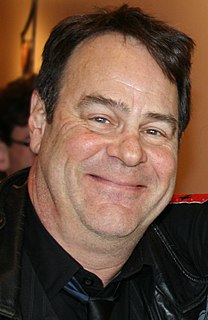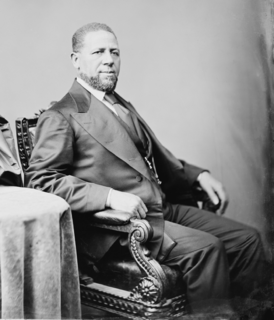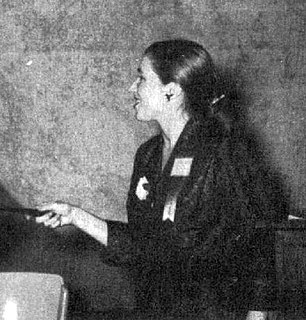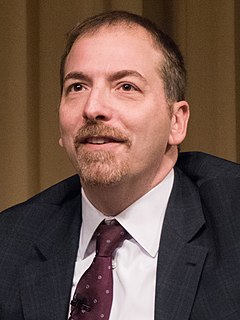A Quote by Nalo Hopkinson
My friend Ian Hagemann, a regular at Wiscon, once said on a panel that when he reads science fiction futures that are full of white people and no one else, he wonders when the race war happened that wiped out the majority of the human race, and why the writer hasn’t mentioned such an important plot point.
Related Quotes
People approach people of color with preconceived ideas. I don't think this is just restricted to white people, but I think that lots of black and white artists, when race is a subject matter, they put race or the ideology around race first. They don't see the person and the complications of the human being.
Science fiction, as I mentioned before, writes about what is neither impossible nor possible; the fact is that, when the question of possibility comes up in science fiction, the author can only reply that nobody knows. We haven't been there yet. We haven't discovered that yet. Science fiction hasn't happened.
I hold that establishing mixed schools will not harm the white race. I am their friend. I said in Mississippi, and I say here, and I say everywhere, that I would abandon the Republican party if it went into any measures of legislation really damaging to any portion of the white race, but it is not in the Republican party to do that.
As a result of reading science fiction when I was eight, I grew up with an interest in music, architecture, city planning, transportation, politics, ethics, aesthetics on any level, art...it's just total! It's a complete commitment to the whole human race on all the Earth. That's what science fiction is about.
'Human history, ' H.G. Wells once wrote, 'becomes more and more a race between education and catastrophe.' You and I cannot be indifferent to the outcome of that race. We care deeply about the winner. Because we do care so deeply about the winner, that is why we are all in the East Room of the White House today.
I think the least important thing about science fiction for me is its predictive capacity. Its record for being accurately predictive is really, really poor! If you look at the whole history of science fiction, what people have said is going to happen, what writers have said is going to happen, and what actually happened - it's terrible.
When Dylann Roof walked into a black church, he wanted to start a race war. We didn't let him do that because we didn't cast him as a representative of the white race. We didn't give into his narrative. We did the exact opposite. And I think that we have to be careful not to give into the apocalyptic narrative of ISIS that wants to start a war between Muslims and everybody else.




































